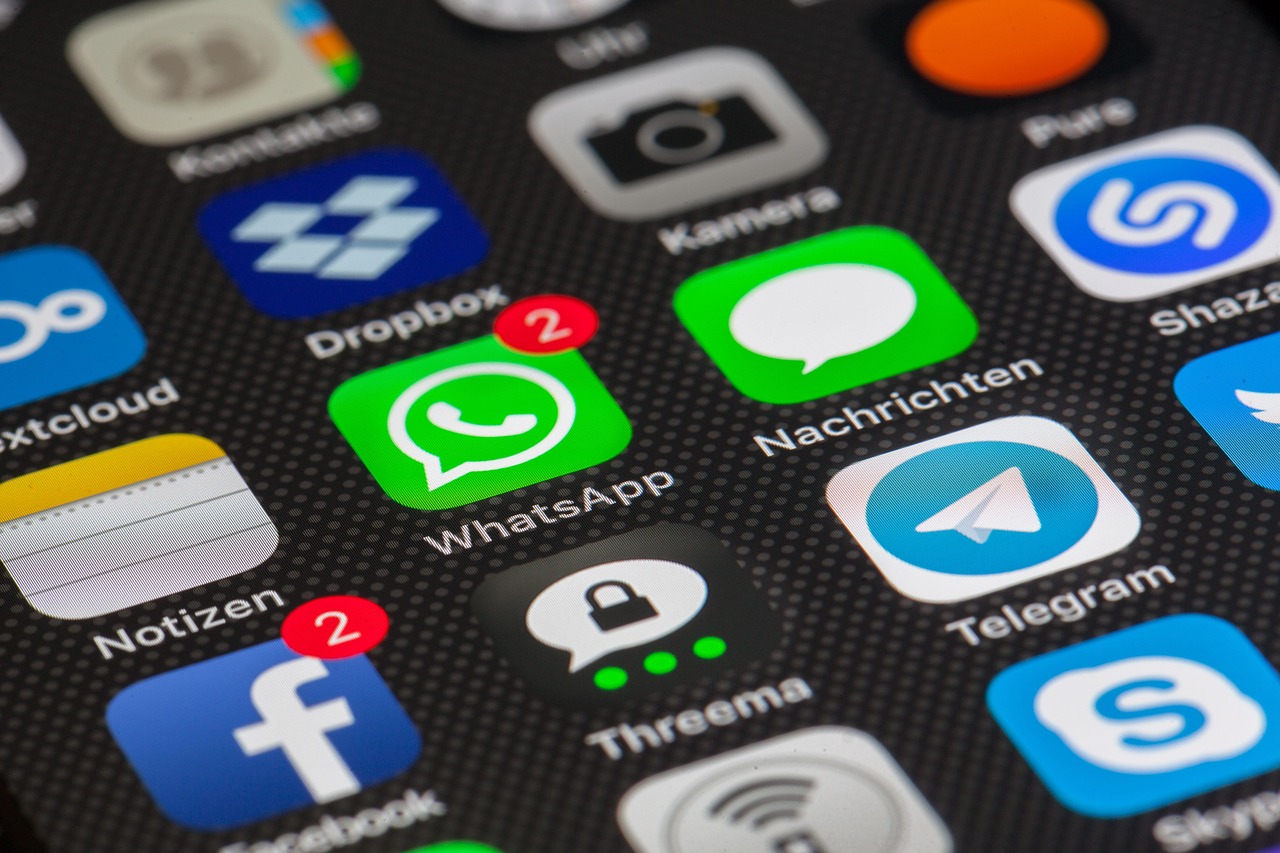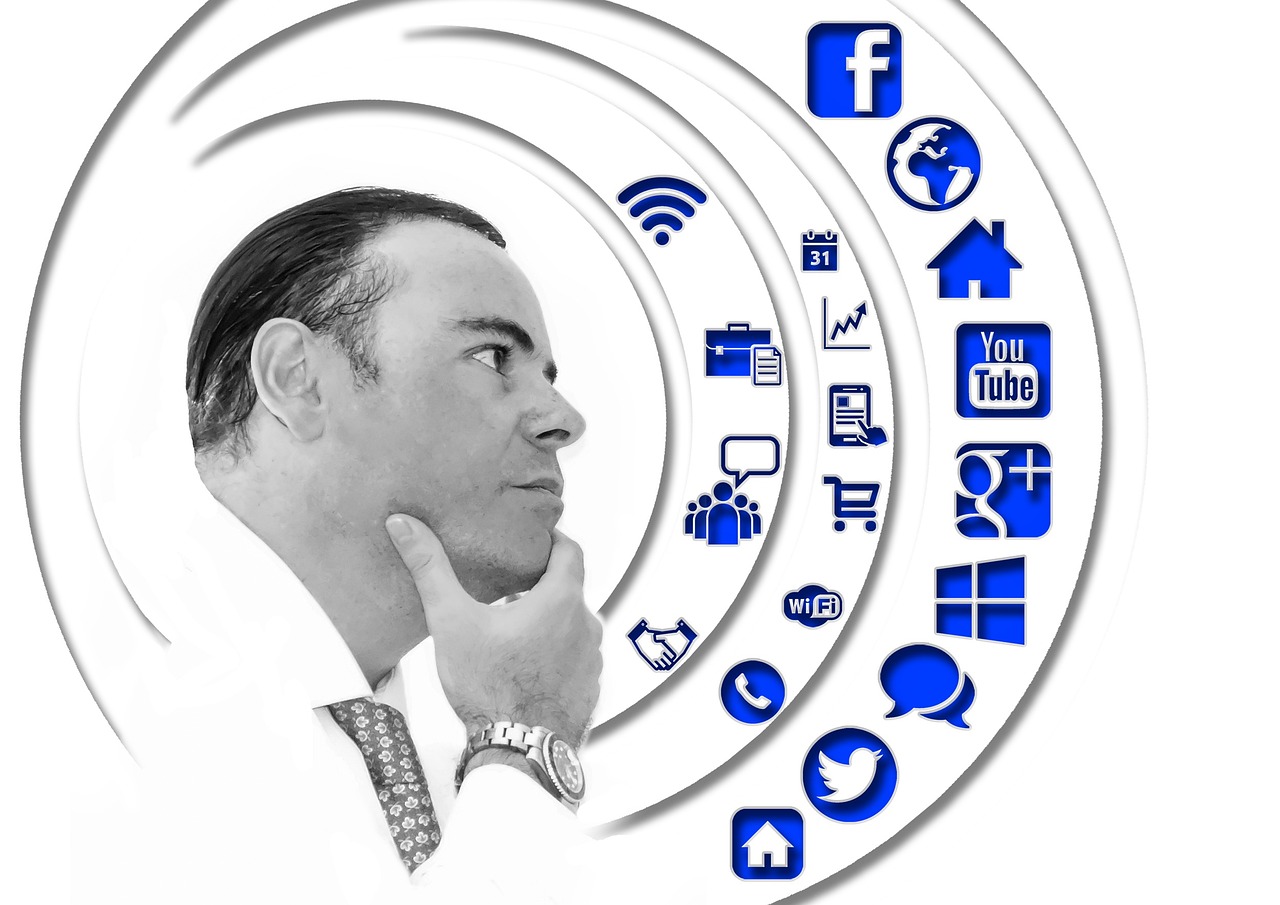Social media has become part of everyday life. We log in for networking, learning new skills, or finding inspiration.With all the likes, posts, and comments, social media affects our mental health in various ways.While it’s easy to criticize social media as a detriment to mental health, this critique may not fully capture the bigger picture.Through personal and professional development, I’ve realized that social media’s potential for supporting mental health can be more in our control than we recognize, and opportunities to flourish may become more attainable with healthier habits and mindful use.Before you continue, we thought you might like to download our five positive psychology tools for free. These science-based exercises will explore fundamental aspects of positive psychology including strengths, values, and self-compassion, and will give you the tools to enhance the wellbeing of your clients, students, or employees.
What’s the Connection Between Social Media and Mental Health?
Social media use can be linked to both positive and negative outcomes. The type of content we seek, the tone of the messaging we share, and whether we’re actively engaging or socially scrolling — all of these factors contribute to the outcomes experienced and the impact that social media can have on mental health.
Relationship status: It’s complicated
The relationship between social media and mental health isn’t that straightforward. It’s not as simple as “good” or “bad.” It is a two-way street that can be shaped by things like how, why, and when we use it; the quality of the experiences; and the access that we enable (Mikami et al., 2025).
Quality, rather than quantity
Spending more time on social media doesn’t automatically mean your mental health will suffer. What matters more is the quality of our use and interaction. Using social media to deepen meaningful connections can support mental health; chasing status, likes, or follower counts might not (Marciano et al., 2024).
The Human Needs That Shape Our Mental Health
Mental health and wellbeing are strongly supported by addressing three universal needs: competence, autonomy, and relatedness (Ryan & Deci, 2000).When it comes to social media use and mental health, how do we know whether we’re supporting those needs or not? We can start by asking ourselves a few simple questions.
Competence
Social media can support our mental health and wellbeing when we use it effectively. Ask yourself, “Am I learning something new when I log in to my social media accounts? Did my engagement leave me feeling capable rather than overwhelmed?”
Autonomy
When it comes to social media, having a sense of control over our experiences and our mental health matters. Customizing our news feeds and choosing when to engage, and when not to, can all contribute to protecting and improving our mental health. Ask, “How much control am I exercising when I use social media?”
Relatedness
Humans are wired for relationships. When social media use fosters authentic and genuine connections, it can increase our happiness and sense of belonging. Ask, “Did I feel connected to someone or to a group? Was I inspired by a story? Did I share a post or a picture that was meaningful to me?”
When Social Media Drains Mental Health
While some social media habits can benefit our mental health, other habits can drain it. If we’re logging in when we’re already stressed, mindless scrolling or comparison spirals can amplify that stress. It can decrease the ability to regulate emotional reactions, which can negatively impact mental health (Chan et al., 2022).
Mindless scrolling
Social media apps are designed to keep us on their platforms. If the fear of missing out leads to constantly checking status updates, notifications, and posts, social media use can quickly become detrimental to both physical and mental health. Before we realize it, it can interfere with sleep, work, or other relationships and can contribute to higher levels of depression, anxiety, stress, and self-criticism (Chan et al., 2022).
Comparison spirals
We like to post our highlights, but we often forget that others are posting theirs as well. When we scroll through pictures of people engaging in seemingly extraordinary things, it can be easy to forget that their posts are likely highlight reels, not the everyday mundane.Without awareness, comparing ourselves to others can chip away at self-esteem and ultimately undermine mental health (Marciano et al., 2024).
Practical Ways to Use Social Media for Better Mental Health
Intentional social media use can contribute to positive mental health and a thriving life. It can support growth, autonomy, and connection. Here are some ways we can support a better relationship between social media and our mental health.
Curate for good
Engaging with positive, meaningful content can be linked to stronger mental wellbeing (Marciano et al., 2024). To lean into this, I’ve started regular reviews of my social media accounts. I unfollow connections that no longer support positive experiences. I connect with people and communities that align with my values and skip the negative ones.
Set intentional boundaries
Intentionally choosing how we engage with social media can positively support habits that contribute to better mental health (Mikami et al., 2025). This can be as simple as taking a moment to pause and ask, “Am I looking to compare or connect? To create or to consume? To learn or to linger?” Our answers can give us insight into why we’re logging in and help us maintain mentally healthy boundaries in our relationship with social media.
Share positivity
Sharing uplifting or inspiring content, such as gratitude, can strengthen wellbeing, a core component of mental health. It can also foster greater resilience, stronger connections, and more positive moods (Marciano et al., 2024). It feels good to share gratitude. Imagine scrolling through a feed filled with positive articles, pictures, and messages.
A Take-Home Message
When it comes to social media use and mental health, it’s less about the platform and more about how we choose to use it. Avoiding social media altogether may reduce things like stress, depression, and anxiety, but it may also limit our opportunities for meaningful connections.We don’t have to completely avoid social media to protect our mental health. With mindful choices, social media can become a tool that strengthens mental health. We can engage differently and intentionally, focused on connection instead of comparison, autonomy rather than addiction, and shared experience over status.

